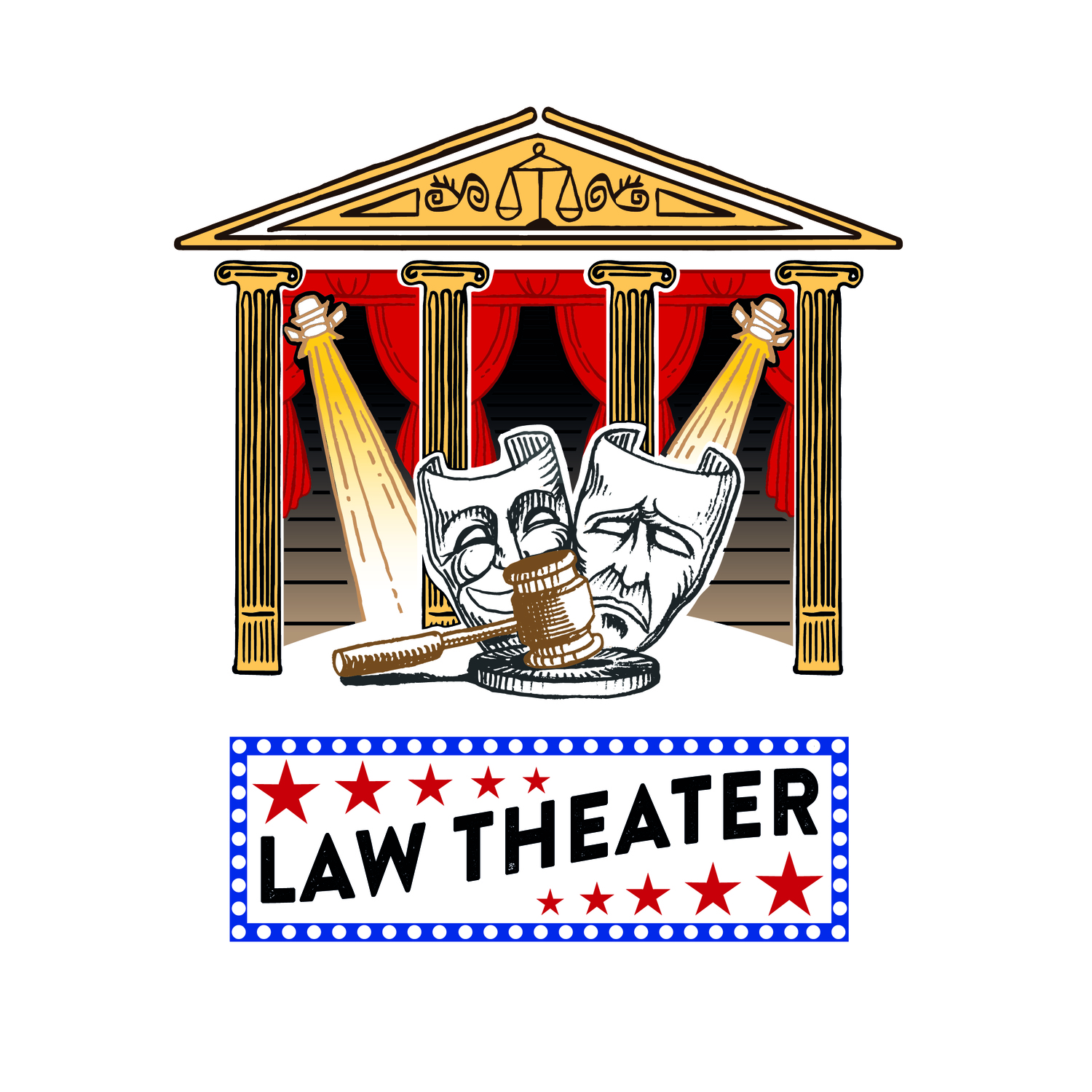The Year is 1801. President John Adams and his Federalist Party have lost the Congressional and Presidential Elections of 1800 to Vice President Thomas Jefferson and his new Democratic-Republican Party. There is a delay in the choice of President, only because Jefferson and his Vice Presidential candidate, Aaron Burr, have tied in the Electoral College. Adams and the Federalists, fearing for their political futures and legacies, are at another loss. The Stage is set for the most important decision of the United States Supreme Court, one on which the future form, power, and practice of that Court will depend. . .
In 1803, Chief Justice John Marshall in Marbury v. Madison created the modern Supreme Court, and a form of legacy for his Federalist Party. But more than that, the case built the foundations of Judicial Power and Judicial Review in U.S. Constitutional practice and history. Without Marbury, that Court’s position, as “final arbiter” of the U.S. Constitution, as that role has developed over the ensuing 212 years, would not exist in its current form.
This play dramatizes the events leading up to and occurring between 1801 and 1803, when the decision was finally handed down. It presents the philosophies, jealousies, and human motivations behind those events. Yes, Virginia, the members of the U.S. Supreme Court are human, with all the human imperfections that we all share.
Although it is based on thorough theirstorical research and detail, the play is a dramatization, based on fact. As such, I do not claim that the dialogue of the participants are clairvoyantly accurate to what was actually said. What I do hope is that I have captured what might have and probably was said, in some form, in all likelihood in those private instances.
With my research, I have sought to “get into the minds” of the participants and have attempted, as best as I could, to “think as they did.” Thus, no dialogue is “out-of-character,” or a radical departure from the ways in which the characters manifested their beliefs and ideologies by their actions and writings, though I freely admit to the use of Artist’s License and imagination. . .
Any observer of Modern U.S. Society knows that the decisions of the Supreme Court each Term are watched as important social, socio-economic, and governmental policy. In exercising the power of Judicial Review, the Court determines the constitutional permissibility of actions by the States and the Federal Government. Nine “Platonic Guardians” or “Philosopher-Monarchs” are expected to apply Delphic Wisdom to the leading questions and problems of the day. Alexis de Tocqueville observed that, besides being a litigious society, the U.S. is one in which all questions of social import make their ways, ultimately, to the Supreme Court. That is a reflection of the effects of Marbury v. Madison on U.S. Society to the present day.
It is also my hope that the Play will not only educate and illuminate the minds of the audience to a case, which has had and continues to have the most profound effects on their lives, but also will entertain, as the “humanness” of our Platonic Guardians/Philosopher-Monarchs, appears in all its imperfect glory drama...
